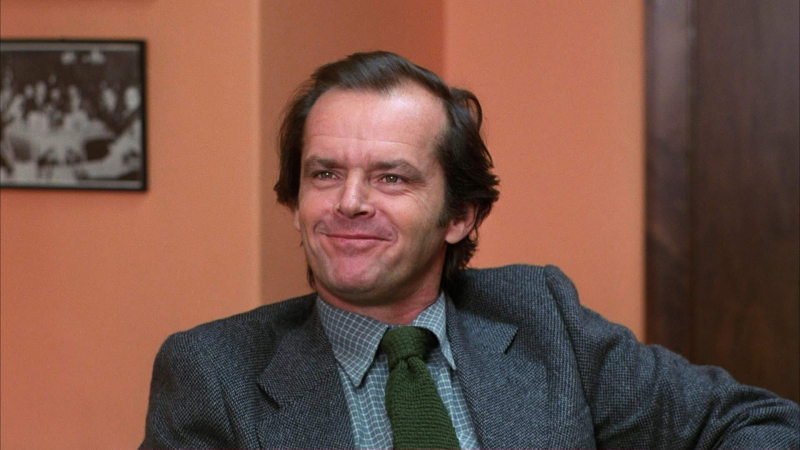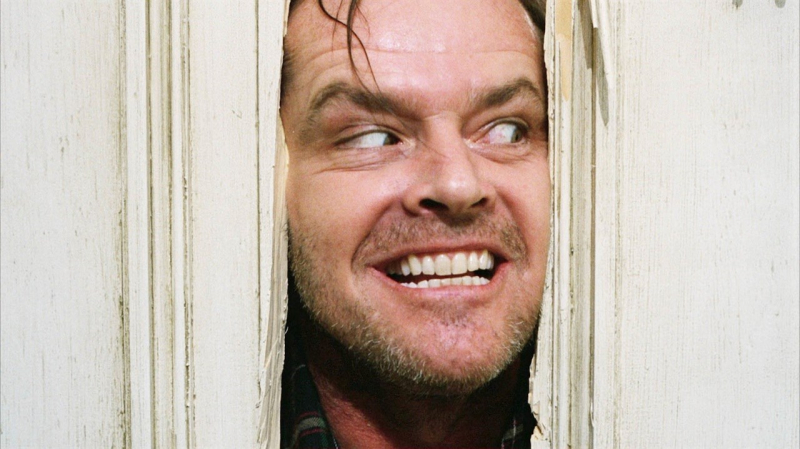The Shining

What makes The Shining so powerful is Kubrick's and co-writer Diane Johnson's ability to bring us into Stephen King's story of domestic abuse. Even while Jack Nicholson tours the hotel, we are given signs that the couple's relationship is fraught with conflict. After the family moves there, the plot progresses on both supernatural and psychological levels concurrently and insidiously: we discover more about the history of both the family and the hotel itself.
.
The movie is infinitely watchable because each scene can be seen from a variety of angles: through the naive eyes of the son, through Duvall's willing credulity, and through the blur of Nicholson's fragility and wrath. Although the film's renowned ending sequences are beautifully performed (in a sense), the real essence of The Shining is the pivotal scene in which Duvall approaches Nicholson on the staircase with a baseball bat. The sequence develops with painful intensity, owing to Kubrick and Johnson's ability to maintain tension between Duvall's ears.
.
Although The Shining is not Kubrick's finest picture, it is his most flawless. This Halloween season, before you click on a lesser-known film, ask yourself whether you'll appreciate it more than you'll love watching The Shining again. Most likely not.
.
Director: Stanley Kubrick
Year of Release: 1980
IMDB Score: 8.5
Metascore: 66











